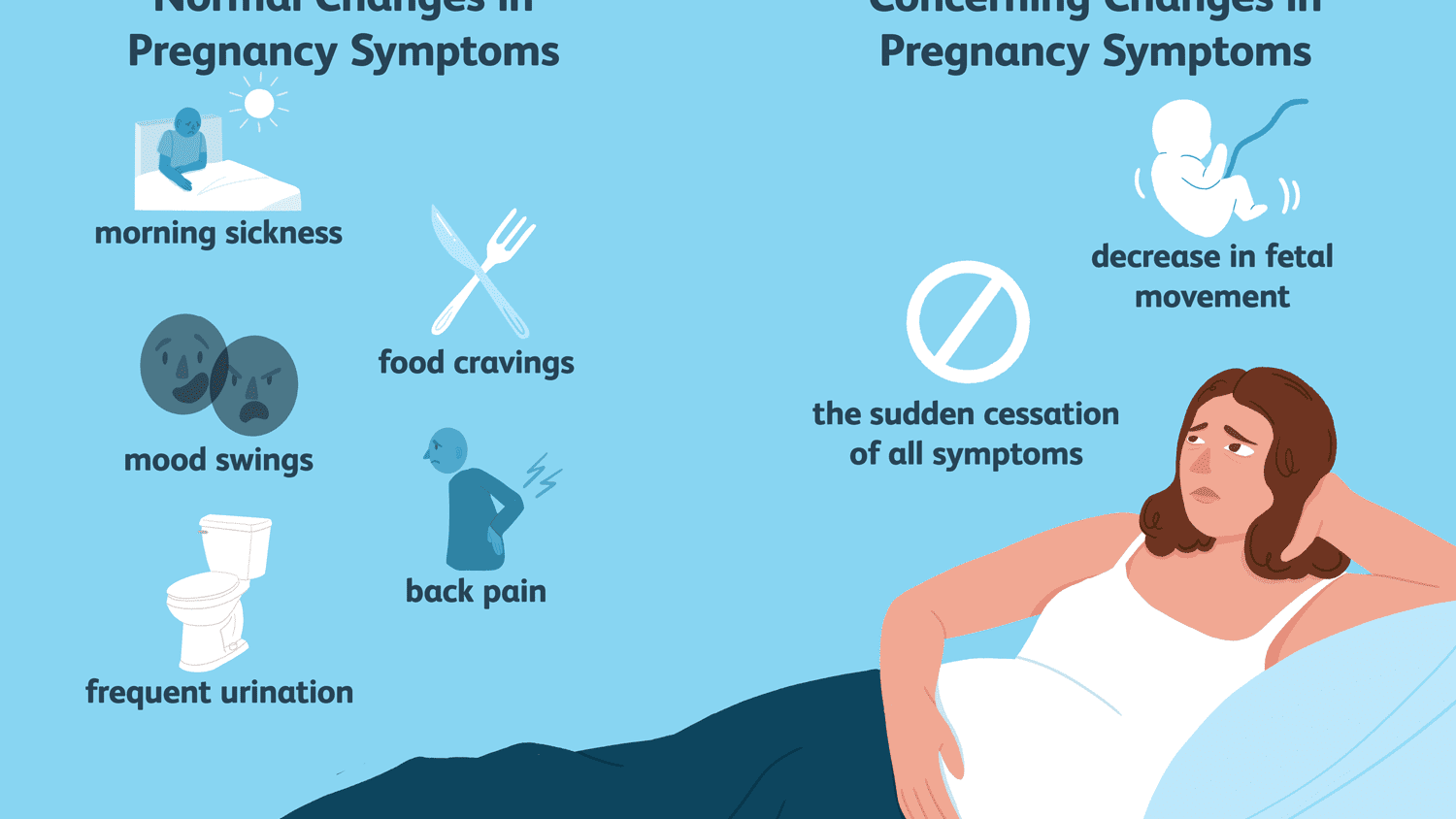What is Pregnancy?
Pregnancy is an outcome of a sperm fertilising an egg, emerging from the ovary of a female during ovulation period. After that, the fertilised egg reaches the implantation chamber, called the uterus. Female becomes pregnant when the implantation is effective.
A standard pregnancy continues for 40 weeks. However, there are a number of factors that might hinder the pregnancy. Usually, when the pregnancy gets diagnosed early and the female gets prenatal care, she achieves a healthy pregnancy and gives birth to a healthy baby.
While ultrasounds and pregnancy tests are the only ways to recognize if a female is pregnant, she may explore other signs. The earliest symptoms of pregnancy are more than a missed period. They might involve fatigue, morning sickness, or smell sensitivity.
When do the signs begin?
Even if it might sound odd, her first week of pregnancy depends upon the date of her last menstrual period. A female’s last menstrual period can be thought of as week 1 of pregnancy, even though she was not actually pregnant.
The expected delivery date can be computed by making use of the first day of the last period. For this reason, a female might not experience signs during the initial few weeks of her 40-week pregnancy.
Pregnancy Symptoms
There are a number of pregnancy symptoms that a female’s body transmits before she has to take a pregnancy test. A few of them might arise after some weeks with the change in the hormone levels during pregnancy. These signs can be:
- Headache
- Missed period
- Increased urination
- Breast changes
- Weight gain
- Spotting
- Hypertension
Spotting and cramping during early pregnancy
From weeks one to four, everything still occurs on a cellular level. The fertilized egg produces a blastocyst (a fluid-packed group of cells) that would develop into the fetus’s organs and body parts. Approximately 10 to 14 days (week 4) after getting pregnant, the blastocyst gets implanted in the endometrium. And, endometrium is the uterine lining. This might also result in implantation bleeding, which might be misguided for a light period. It does not take place in every female’s body. If it takes place, it would generally occur around the time a female expects her period.
High body temperature during early pregnancy
A higher basal body temperature might also indicate pregnancy. A female’s body’s core temperature might also increase in hot climate or with exercise. During this time, it is better to drink more water and exercise in a careful manner.
Missed period during early pregnancy
Once implantation is complete, a female’s body starts producing human chorionic gonadotropin (hCG). This hormone assists her body in maintaining the pregnancy. Also, the hormone informs the ovaries to stop the release of mature eggs every month. She would likely miss her next period 4 weeks post-conception. If she classically has an abnormal period, she might wish taking a pregnancy test to check it. A majority of home tests are used for detecting hCG as soon as 8 days after a missed period. A pregnancy test can detect hCG levels present in the urine and show if a female is pregnant.
Increase in the heart rate during early pregnancy
About eight to ten weeks, a female’s heart might start to pump blood faster and harder. Palpitations and arrhythmias commonly occur during pregnancy. This is usually because of the hormones.
Fatigue during early pregnancy
Fatigue might occur anytime during pregnancy. This sign commonly occurs during early pregnancy. A female’s progesterone levels might elevate, which might increase the feelings of fatigue.
Nausea, vomiting, morning sickness during early pregnancy
Nausea and morning sickness generally occurs around four to six weeks. Also, they reach their peaks around week 9. Even if, it’s known as morning sickness, it might take place anytime during the day or night. It’s uncertain exactly what are the reasons for nausea and morning sickness, however hormones might be important. During the first trimester of pregnancy, a lot of females experience mild to severe morning sickness. It might get more extreme toward the end of the first trimester, however becomes less serious as a female reaches the second trimester.
Early alterations in breasts: Tingling, aching, growing
Breast alterations might take place between four and six weeks. She is more expected to develop tender and inflamed breasts because of hormone alterations. This would likely leave after some weeks when her body adapts to the hormones. Nipple and breast alterations might also take place about 11th week. Hormones carry on developing the breasts. The areola — the regions around the nipple — might alter to a darker color and grow larger.
A female’s body would undergo considerable changes in early pregnancy. She might notice symptoms including nausea, breast tenderness, and, of course, the hallmark sign of a missed period. If she thinks she is pregnant, initial step might be to to take a home pregnancy test.











